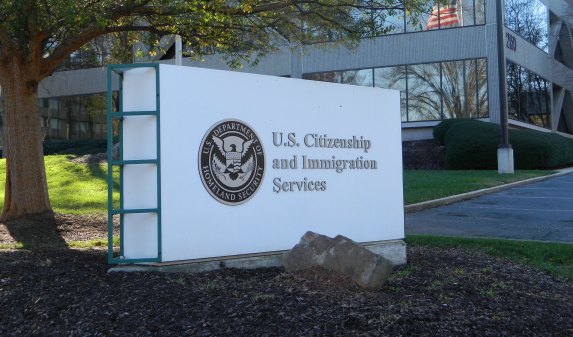Now is the time for better payment security
With nearly a dozen cyber and data security bills currently on the table between the House and the Senate, Congress has clearly established data breach prevention as a priority, particularly as it relates to protecting consumers and their financial well-being.
Over the past several years, however, we’ve seen holes develop in our financial security systems that need immediate attention from our leaders. Countless data breaches and cyber hacks have revealed the flaws in our payment tools that continue to threaten the financial stability of consumers.
And with so many of the country’s leaders in positions of power to improve financial policies and practices, consumers wonder why conversations in Washington, D.C., don’t also factor in the lackluster efforts of banks and credit card companies to issue more secure payment tools to consumers. Now more than ever, legislators must exert pressure on agencies like the Federal Reserve and the financial industry itself to improve our payment security systems.
The Obama administration and other policymakers on Capitol Hill continue newfound efforts to improve our credit and debit card security. Most notably, President Barack Obama issued an executive order last fall calling for all federally issued payment cards to be equipped with chip-and-PIN technology, a secure system used throughout the world. In the U.S., we currently use magnetic strips – which house our financial information similar to the way the film from a VHS tape houses the video – and sign for purchases.
Realizing that the magnetic strips are easily copied, the financial sector is finally trying to catch up with the rest of the globe, instituting chip-equipped cards. The replacement effort still includes easily forgeable signatures, though, providing little to no protection of our financial data once in the hands of cyber thieves.
“This is all so unnecessary,” CBS News reports. “In Europe and most of the rest of the world, the easily compromised magnetic-strip cards we use here in the states are history. Instead, they use … chip-and-PIN technology, which has dramatically reduced fraud rates.” It is also a greater protection for American businesses, which absorb less of a burden and risk when customers use a PIN.
Should a thief attempt to steal or counterfeit a chip-and-PIN card and proceed to use it for an in-store purchase, it would be useless without knowledge of the PIN. Despite empirical evidence to back up the success of the two-prong technology, business leaders on Wall Street resigned to inadequate efforts in updating our payment tools.
Democratic Sen. Mark Warner of Virginia has agreed more financial security is needed for consumers and scrutinized the chip-and-signature trend in a letter to federal banking regulators earlier this year. Warner expressed his frustration with chip and signature, questioning the path of the financial institutions when “better anti-fraud technology and authentication measures exists and indeed are prevalent in other countries.” But he shouldn’t go at it alone.
Lawmakers from the House and Senate have introduced at least a half-dozen cybersecurity bills since March. But it remains to be seen if any of these bills incorporate improved payment security and the implementation of chip-and-PIN technology.
As congressional leaders continue to champion legislation that protects consumers, they must ensure that Americans are safeguarded against scams threatening their financial well-being.
Now is the time for more of our policymakers to join the effort to equip Americans with greater protections at the cash register. Consumers deserve the highest threshold of protection for a more secure payment tool, and they rely largely on the government to provide that assurance. Given the increased momentum on Capitol Hill to protect consumers from financial harm, an opportunity exists for the country’s leaders to help provide those protections by championing chip and PIN.
Debra Berlyn is president of Consumer Policy Solutions and director of the Consumer Awareness Project. She is also the leader of ProtectMyData.org.






